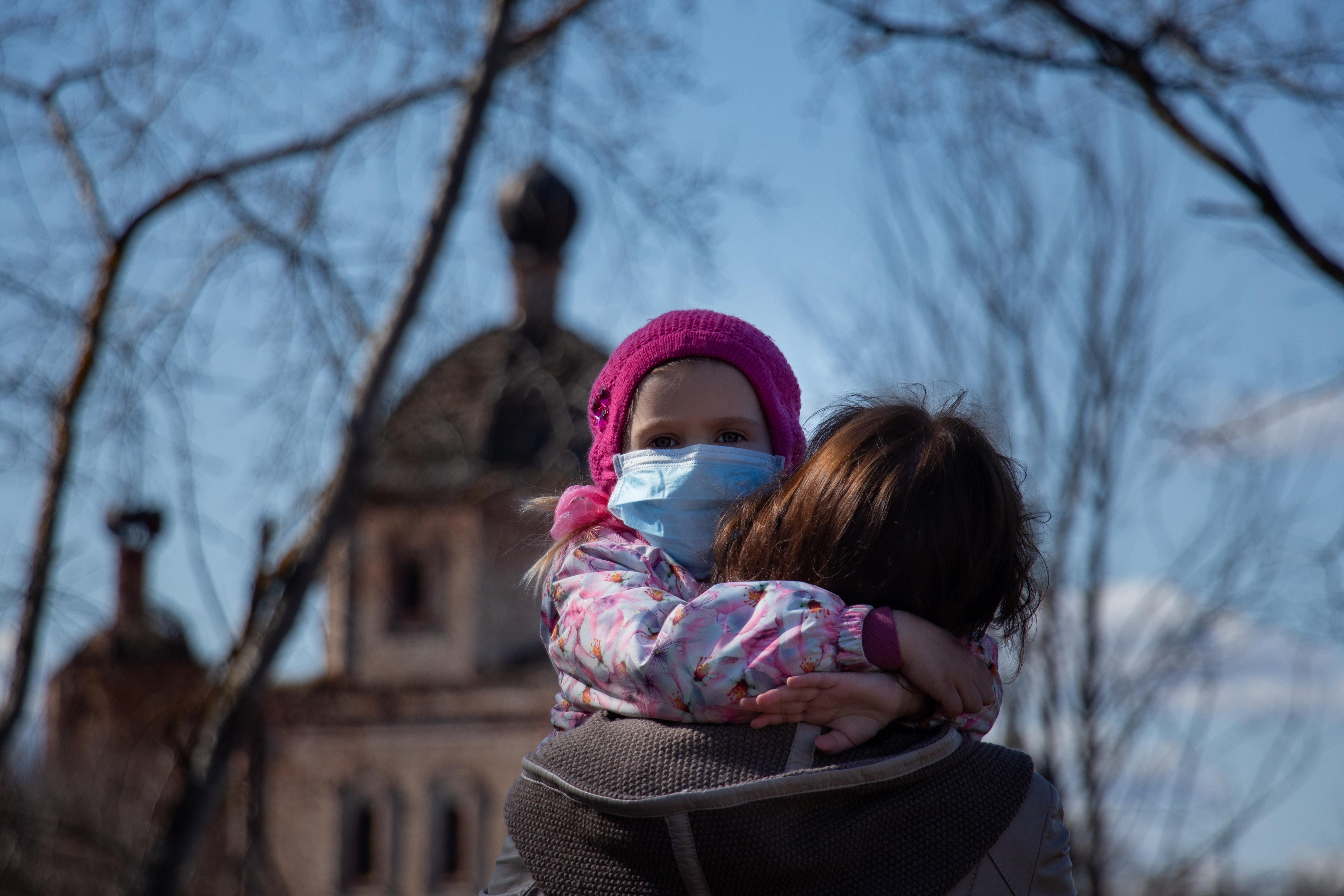A new report by the Kaiser Family Foundation found that the ongoing COVID-19 pandemic has greatly impacted people’s mental health and raised new barriers for those suffering from mental illness and substance use disorders.
Among the key conclusions:
- Young adults have been especially hard hit. Those ages 18-24 are about twice as likely as all adults to report new or increased substance use (25% vs. 13%) or recent suicidal thoughts (26% vs. 11%).
- More women than men are facing mental health challenges. As in the past, during the pandemic, women have been more likely to report symptoms of anxiety and/or depressive disorder (47% vs. 38%).
- People experiencing job or income losses are at higher risk for mental health problems. Adults in households that experienced job losses or reduced incomes report higher rates of mental health symptoms than other households (53% vs. 32%). This is consistent with research around prior economic downturns.
- Essential workers face greater challenges than other workers. Essential workers, who work outside their homes where they could be exposed to COVID-19, are also more likely than non-essential workers to report symptoms of anxiety or depressive disorder (42% vs. 30%), increased or new substance use (25% vs. 11%), or recent suicidal thoughts (22% vs. 8%).
- Communities of color are disproportionately affected. Non-Hispanic Black adults (48%) and Hispanic or Latino adults (46%) are more likely to report symptoms of anxiety or depressive disorder than White adults (41%).

